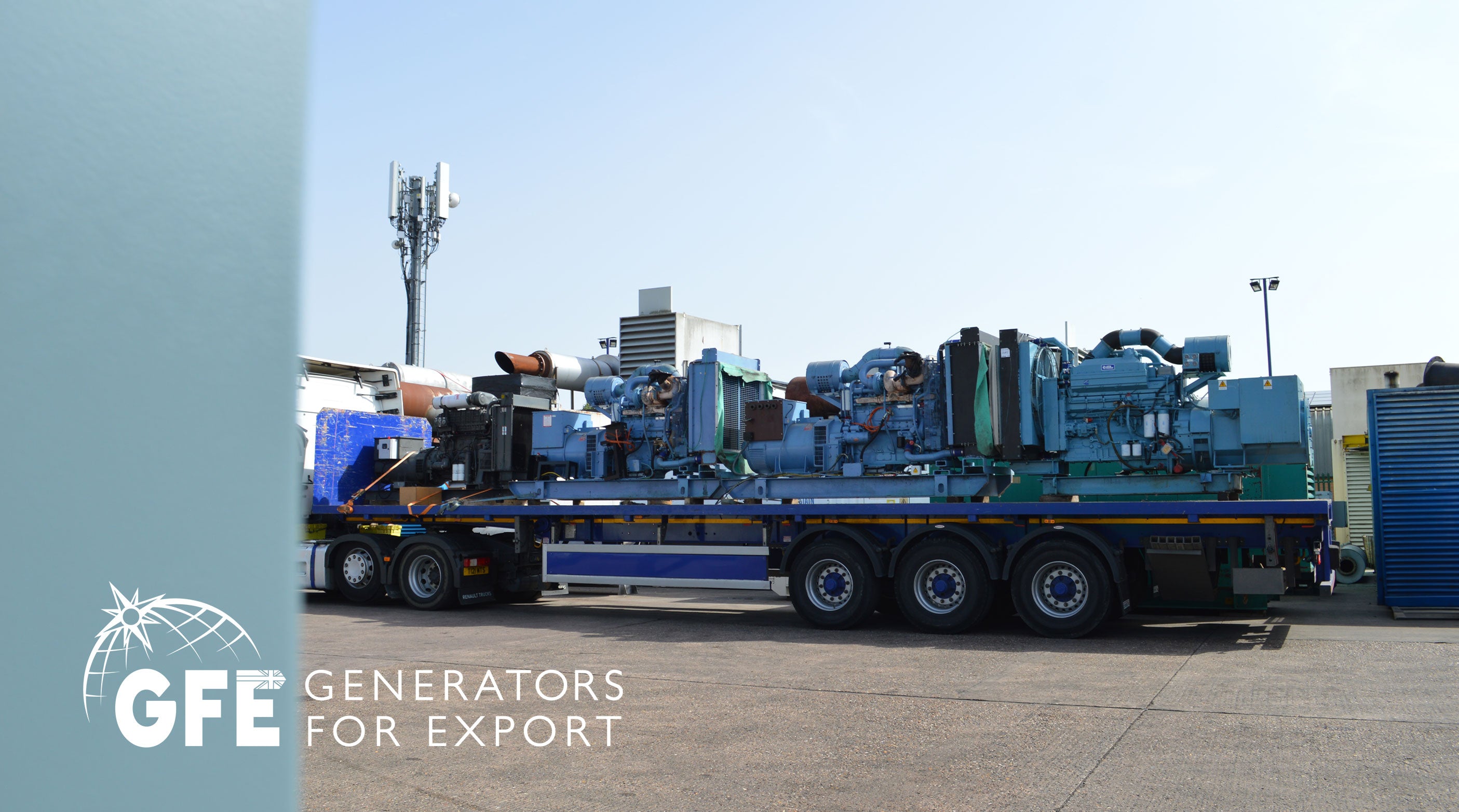Leaving a generator outside during the winter months can be done, but there are important considerations and precautions you should take to ensure it operates properly and remains in good condition:
- Shelter or Generator Enclosure: If possible, it's best to keep your generator in a shelter or enclosure to protect it from snow, rain, and extreme cold. A generator enclosure can shield it from the elements and maintain a more stable temperature.
- Cover and Insulation: If a shelter or enclosure isn't an option, consider using a generator cover. These are designed to protect the generator from moisture and snow.
- Proper Ventilation: Ensure that there's adequate ventilation to allow the generator to expel exhaust gases safely. Running a generator in an enclosed space can be extremely dangerous due to the risk of carbon monoxide poisoning. It is also essential to remember to allow for the incoming air to the building to ensure there is sufficient air for cooling.
- Fuel Stabilisation: If you're using a petrol powered generator, add a fuel stabiliser to the fuel tank to prevent it from deteriorating in cold temperatures. Be sure to follow the manufacturer's recommendations for fuel treatment.
- Battery Maintenance: Cold temperatures can affect the battery's performance. Keep the battery charged, and consider using a battery trickle charger to maintain its health.
- Regular Maintenance: Check the generator regularly for any signs of damage, corrosion, or wear. This includes inspecting the spark plug, oil levels, and air filter. Follow the manufacturer's maintenance schedule.
- Cold-Weather Oil: Depending on the temperature in your area, you may want to consider using a cold-weather oil, which is designed to work more effectively in low temperatures.
- Starting and Testing: Periodically start and test the generator during the winter to make sure it's in working order. This can also help prevent problems associated with extended periods of inactivity.
- Security: Ensure that your generator is secure and protected from theft, especially if it's placed outdoors.
- Emergency Shutdown Plan: In case of extreme weather conditions, power outages, or any other issues, have a plan for safely shutting down and protecting your generator.
Remember that specific recommendations may vary based on your generator's make and model, so it's essential to consult your generator's manual for manufacturer-specific guidance on winter storage and operation. If you're not comfortable with these precautions or you're in an extremely cold climate, it might be better to store the generator indoors or in a heated space during the winter months.
Is My Generator Weather Proof?
The waterproofness of your generator depends on its make and model. Generators typically come with different levels of protection against water and environmental elements. Some generators are designed to be more weather-resistant than others. Here are some general guidelines to determine the water resistance of your generator:
Open Frame Generators
Open frame or portable generators are often not fully waterproof or weatherproof. While they may have some basic protection against rain and splashes, they are not designed to be submerged in water or to withstand heavy rain or snow. It's important to protect them from direct exposure to water by using a generator enclosure or cover.
Standby Generators
Standby generators, which are typically installed as a permanent backup power source for homes or businesses, are often designed with more advanced weatherproofing features. They are usually installed in a weatherproof enclosure and can withstand a range of environmental conditions, including rain and snow. Some standby generators are housed within purpose built facilities.
Inverter Generators
Inverter generators, especially those designed for outdoor and recreational use, often have better weather-resistant features. They may come with weatherproof covers or enclosures, as well as sealed components to protect against moisture. However, they may not be completely waterproof, so you should still avoid direct exposure to heavy rain and water.
Manufacturer Recommendations
The best way to determine the water resistance of your specific generator is to consult the manufacturer's documentation, including the owner's manual. The manual should provide information on the generator's IP (Ingress Protection) rating or its specific waterproofing features.
Use Protective Measures
Regardless of your generator's level of waterproofing, it's a good practice to use a generator cover or enclosure to protect it from rain, snow, and other environmental elements when it's in use or during storage. This will help extend the life of your generator and prevent water damage.
In any case, it's essential to take precautions to protect your generator from water exposure, especially when it's running. Exposing a generator to water can lead to electrical malfunctions, corrosion, and potentially dangerous situations. Always follow the manufacturer's recommendations for the safe operation and storage of your specific generator model.
Generators For Export have a huge range of generators in stock, canopied, open or containerised generator sets. Get in touch today to discuss your back up power needs!
Call: +44(0)1386 553344 | Email: sales@gfe.uk.com

